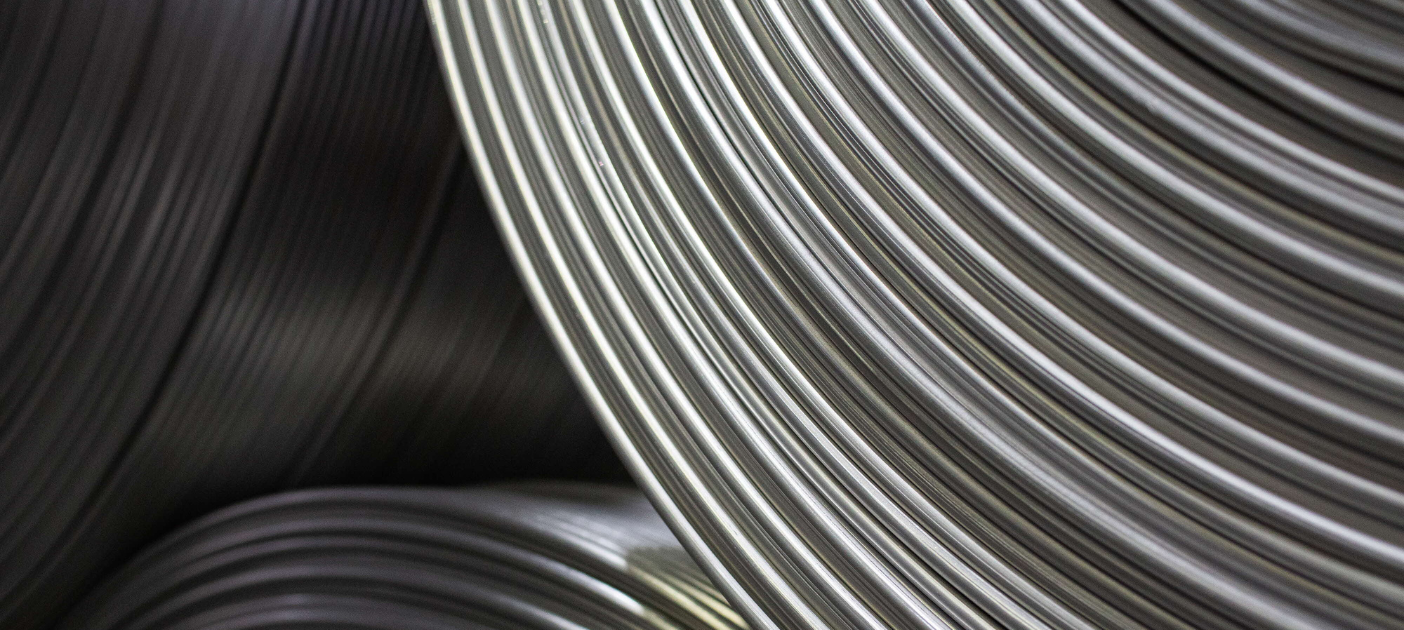Indonesia's Rise in Green Aluminium
Driving growth through sustainable aluminium for a greener global future
By Mike Zhang, Managing Director, Global Head of Metals and Mining
While materials such as lithium and cobalt have garnered significant attention in recent years for their importance to global energy transition, aluminium is coming into greater focus as a key transition metal. An "under-appreciated" metal, aluminium has an essential role to play in the production of many low-carbon technologies like wind turbines and hydroelectric plants. Aluminium is especially important for solar photovoltaic (PV) technologies, accounting for over 85% of most components today.
The International Aluminium Institute (IAI) projects that, by 2030, global aluminium demand will surge by almost 40% to meet the needs of various sectors, including transportation, construction and electronics. More than half of this growth is expected to come from across Asia, with the lion's share concentrated in China.
However, among all metals, aluminium production ranks only second behind steel in greenhouse gas emissions—contributing around 1% of global emissions—and energy consumption. As such, demand for low-carbon aluminium is growing. Lowcarbon aluminium is made through cleaner refining and smelting processes that rely on renewable energy sources rather than traditional carbon-fired ones, while also utilising inert anodes that prevent the formation of CO₂.
Indonesia's Aluminium Opportunity
Indonesia is a key source of transition metals, particularly nickel. In 2023, Indonesia exported US$6.82 billion worth of nickel. By 2030, Indonesia will likely produce about 44% of the world refined Nickel. Per plans, battery-grade nickel production is expected to quadruple production to 1 million tonnes by 2030.
However, in recent years, nickel prices have seen a steep decline due to a global glut of the metal and softer demand, making more than half of current mines production capacity unprofitable.
Indonesia has a prime opportunity to become a major player in the aluminium supply chain and take advantage of the commodity's surging prices. The country already has the resources and infrastructure to achieve this. Indonesia is home to significant bauxite reserves, amounting to 1 billion tonnes, spread out across the islands of Riau and Bangka Belitung. In 2023, the country exported US$108 million of aluminium ore, making it the world's 7th largest exporter.
Indonesia also has a mature aluminium industry, featuring domestic companies such as INALUM and Alumindo, as well as multinationals such as China Hongqiao Group and Daiki Aluminium Industry. The government provides a supportive regulatory structure by setting out mining quotas and regularly engaging with the industry on the development of the country's critical minerals supply chain. As part of its strategy to enhance the value of its exports, Indonesia's government has announced plans to expand domestic processing of raw minerals, with an emphasis on bauxite.
Its strategic location in Southeast Asia makes it an ideal exporter to key manufacturing markets such as China and India. Furthermore, China's caps on aluminium production capacity are advantageous to Indonesia. First introduced in 2017, China's curbs on domestic aluminium production have cut the world's available supply, while also pushing many Chinese smelters to move to Indonesia.
Bridging the Gaps
Achieving these ambitious plans will require significant investment in Indonesia's Indonesia is short on the infrastructure, manpower and connectivity to markedly expand aluminium smelter activities in locations beyond Java. The government is stepping in to provide the necessary investment and regulatory support to enhance these, but more is needed to solidify Indonesia's trajectory.
Financial institutions can play an active role in supporting the government's efforts by providing the essential financing needed by companies to invest in more sustainable aluminium production. Financial institutions also provide access to nonfinancial services, such as risk management and support for companies looking to adopt more sustainable practices.
There are already significant examples of how this is occurring within Indonesia's metals industry. In 2021, DBS Bank co-led a consortium of banks on a US$625 million financing project for Indonesia's first high pressure acid leach (HPAL) smelter for manufacturing nickel-cobalt hydroxide precipitate (MHP) and nickel sulphate, which are key raw materials for electric battery manufacturing.
DBS Bank is a longstanding player in Indonesia's metals market and is bringing its banking and sustainability expertise to support aluminium players across the country. In 2016, DBS Bank acted as financial advisor and lead financing bank on a US$395 million project for an alumina refinery.
Indonesia has an opportunity to tap into significant economic growth through aluminium and contribute to the global transition to a more sustainable, greener way of life. However, achieving this will require strong collaborative efforts between industry, government and financial institutions. All the ingredients for success are already there, now it's just a matter of bringing them together.


